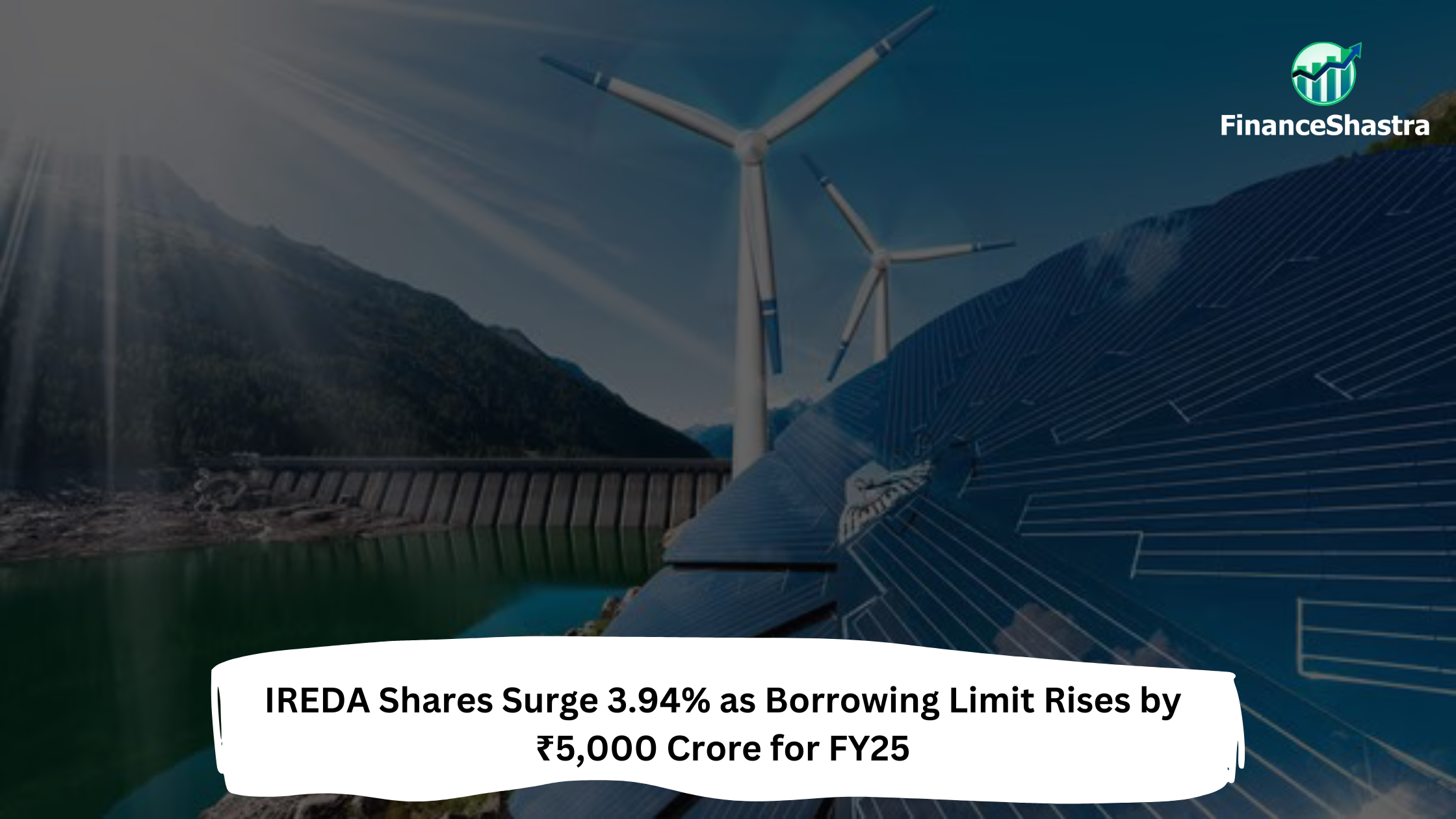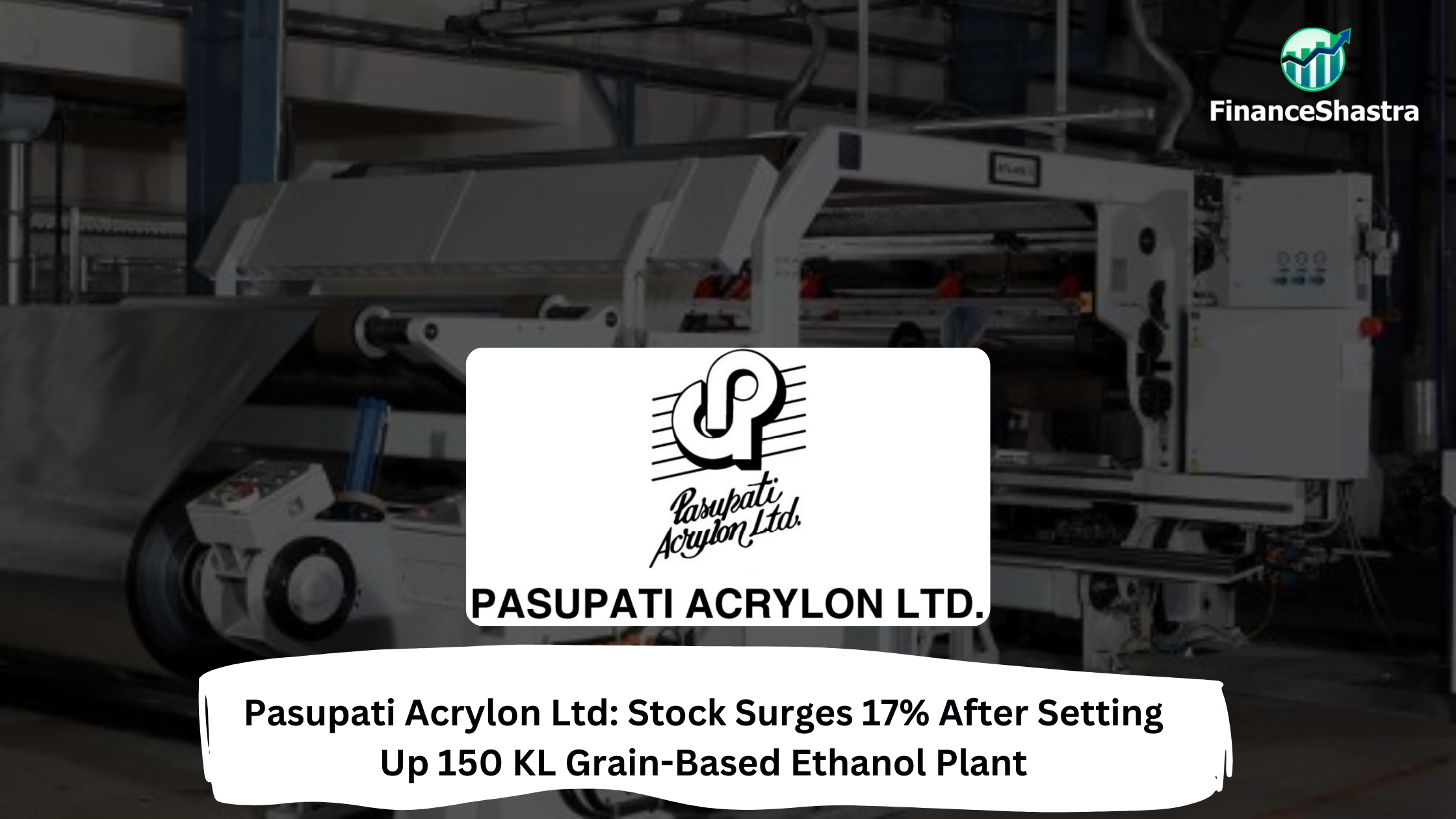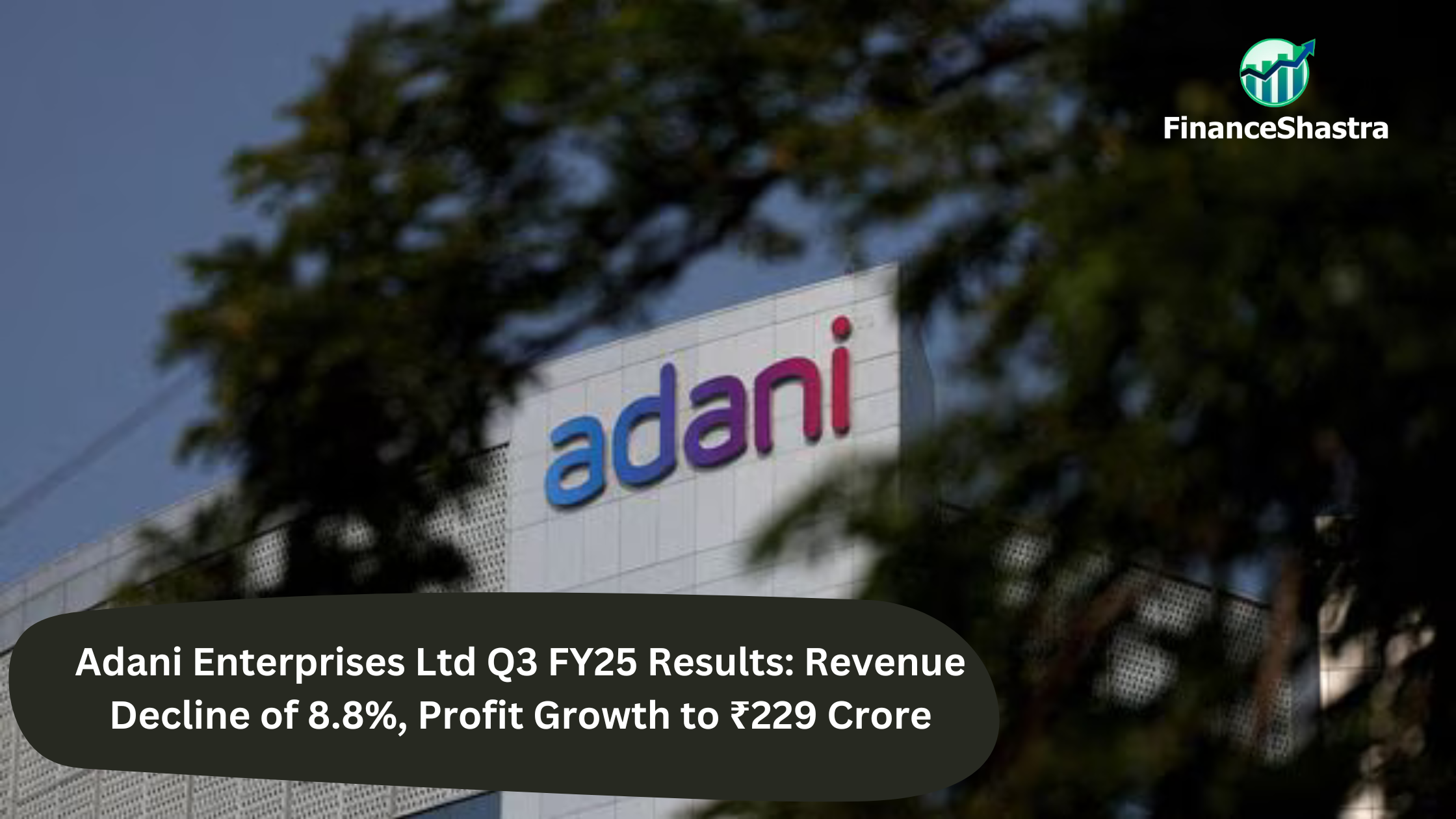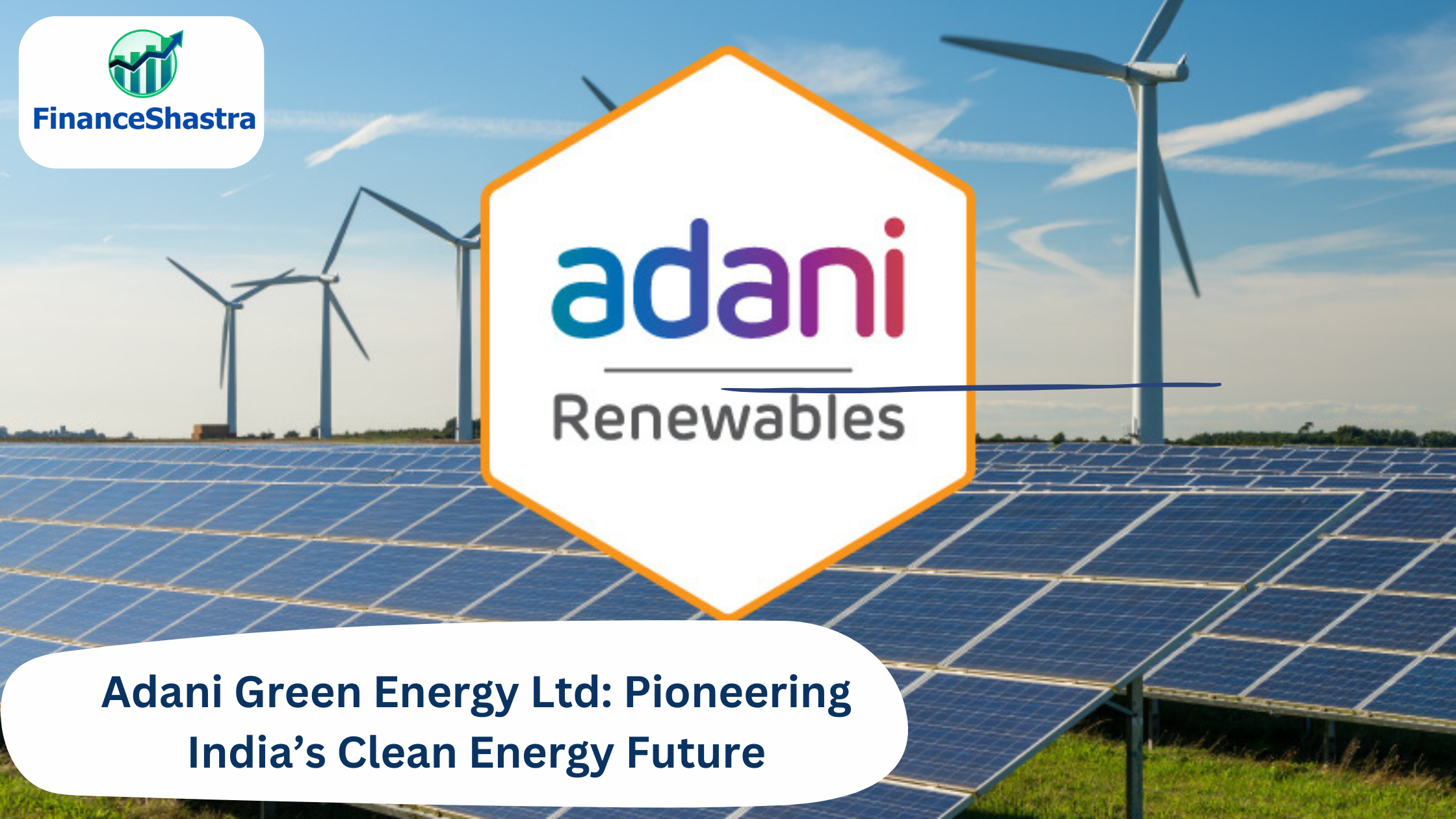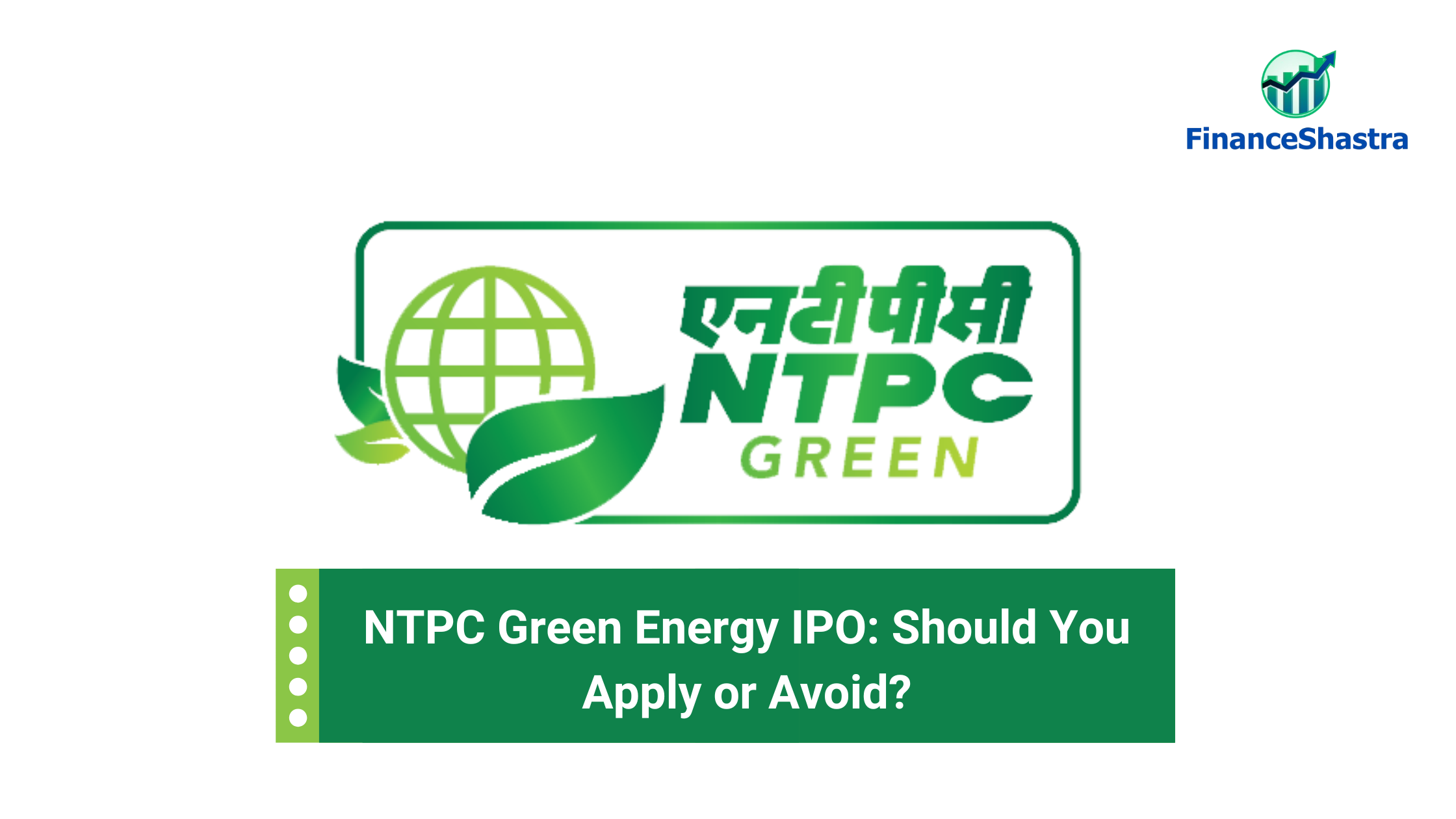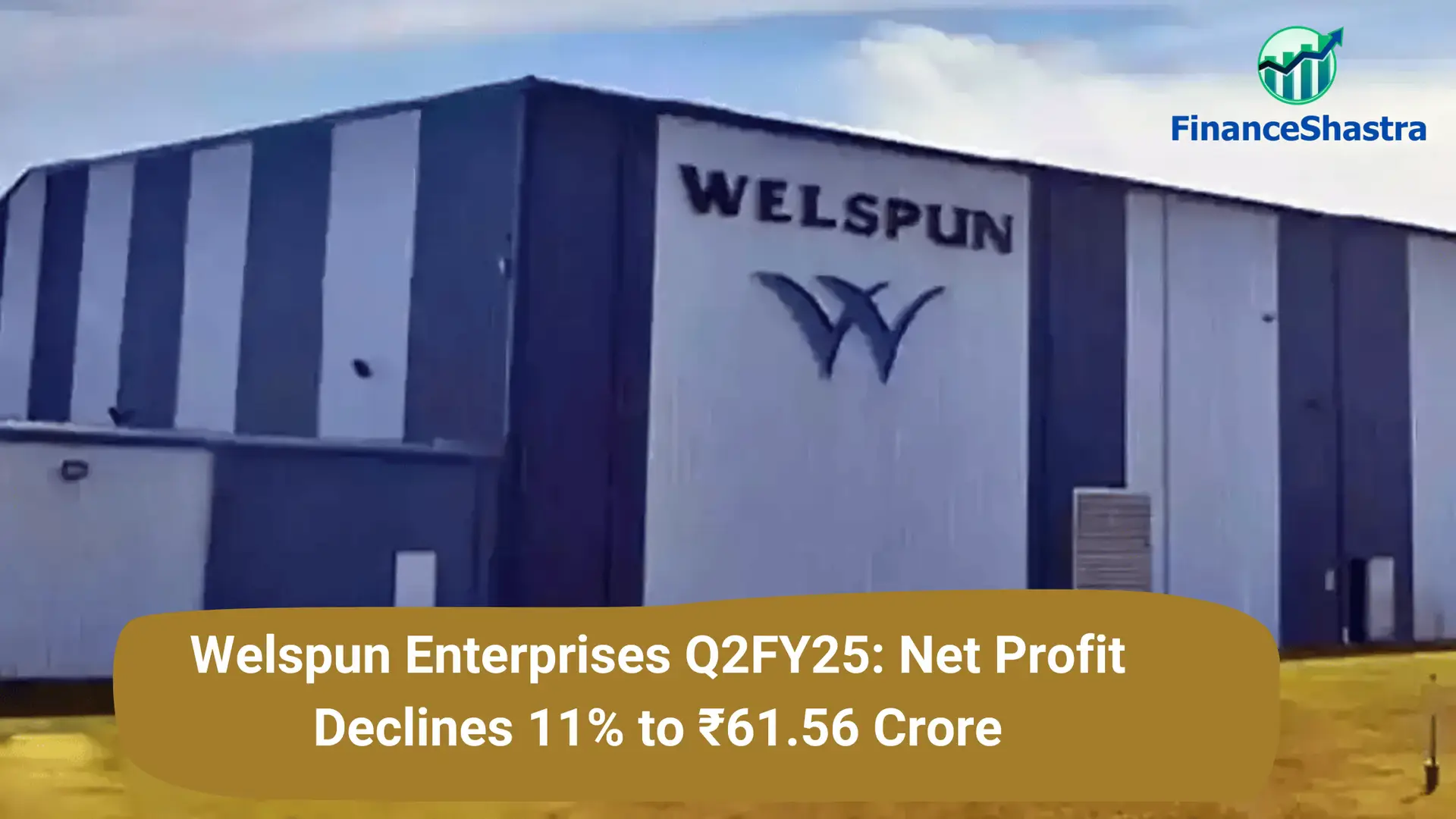IREDA Shares Surge 3.94% as Borrowing Limit Rises by ₹5,000 Crore for FY25
Business and Industry Overview:
Indian Renewable Energy Limited (IREL) and the Indian Renewable Energy Development Agency (IREDA) are both working towards clean energy in India. IREL is a private company that focuses on solar energy projects and explores new investments in power generation. It helps set up rooftop solar plants and looks for ways to grow in the renewable sector. IREDA, on the other hand, is a government-backed financial institution. It provides loans and financial help to projects related to solar, wind, hydro, and energy efficiency. IREDA was set up in 1987 and works under the Ministry of New and Renewable Energy (MNRE). It ensures that businesses and individuals get funding to invest in green energy. The company also follows strict rules for ethical business, data security, and quality management. Both organizations aim to make renewable energy more affordable and accessible. They want India to use cleaner power sources, reduce pollution, and move towards a sustainable future.
India’s renewable energy industry is growing very fast. The government wants to produce 500 GW of electricity from clean energy sources like solar, wind, and hydro by 2030. In 2023, India added 13.5 GW of renewable energy capacity. This was done with an investment of Rs. 74,000 crore (US$ 8.90 billion). India has a bigger plan to invest Rs. 9.22 lakh crore (US$ 109.50 billion) to build more energy infrastructure and meet the demand, which is expected to be 458 GW by 2032.
The government is focusing a lot on solar energy. In the 2024-2025 budget, they increased the money for building solar power grids to Rs. 8,500 crore (US$ 1.02 billion), which is double what they spent the year before. The government is also supporting clean energy like green hydrogen and electric vehicles (EVs). Indian companies plan to invest Rs. 67,42,400 crore (US$ 800 billion) in these areas.
The government is also helping farmers through the PM-KUSUM scheme, which gives money to farmers to set up solar pumps and solar power plants. This helps them with their farming and water needs. In Rajasthan, the government signed a deal with NTPC Green Energy to set up 28,500 MW of renewable energy projects.
As of 2023, India is ranked 4th in the world for wind power, solar power, and overall renewable energy capacity. India is also a top leader in cutting down carbon emissions. It is one of the top three countries in the world for reporting and reducing carbon emissions. With more investments, clear government plans, and a focus on clean energy, India is becoming a leader in renewable energy and is moving towards a cleaner and more sustainable future.
IREDA is a strong player in India’s renewable energy market. It gets a lot of support from the government, which helps it provide loans and funding for clean energy projects. IREDA has been around since 1987 and is known for helping build projects in solar, wind, and energy efficiency. It works closely with the government’s plans to increase clean energy in the country. IREDA also has a good reputation for being reliable and transparent in its work. As the demand for renewable energy grows, IREDA is in a good position to keep helping develop new energy sources, even though there are new private companies entering the market.
Latest Stock News:
Shares of Indian Renewable Energy Development Agency Ltd (IREDA) have dropped 53% from their highest value of Rs 310 in July 2024. The stock is now in the oversold zone, with an RSI (Relative Strength Index) of 26.6, meaning the stock could be undervalued. When the RSI is below 30, it shows the stock is oversold, and when it’s above 70, it’s overbought. On March 20, 2024, the stock went up by 4.12% to Rs 143.85, and the company’s market value is Rs 38,623 crore.
The stock reached its lowest point in 52 weeks at Rs 124.50 on March 20, 2024, but experts see Rs 137 as a strong support level and Rs 145 as resistance. If the stock goes above Rs 145, it could rise to Rs 150 or even Rs 180 soon.
IREDA is a government-run company under the Ministry of New and Renewable Energy (MNRE). It has been helping promote renewable energy and energy-saving projects for over 36 years. Recently, the company’s borrowing plan for 2024-25 was increased by Rs 5,000 crore to Rs 29,200 crore, which will help fund more projects. This news caused the stock to go up by 4.6%.
However, IREDA also faced some challenges. The Reserve Bank of India (RBI) did not approve its request to invest in a 900 MW Hydro Electric Power Project in Nepal. Financially, IREDA saw a rise in Non-Performing Assets (NPAs), which went up by 30.4% to Rs 1,845.5 crore, and Net NPAs increased by 53.75%. But the company still reported a 39% increase in Net Interest Income (NII) to Rs 622.25 crore, and its net profit grew by 27% to Rs 425.4 crore.
Even though the stock has fallen 35% this year, the company’s strong growth in profits and new borrowing plans show that it could recover and perform better in the future.
IREDA is a government company that supports renewable energy projects in India. It plans to raise ₹29,500 crore this year to fund these projects. Of this amount, ₹25,000 crore will come from loans, and ₹4,500 crore will come from selling company shares. The company is seeking government approval to reduce its ownership by up to 10% to make this possible.
IREDA also aims to increase its loan portfolio from ₹59,650 crore at the end of last year to over ₹85,000 crore by the end of this year. To maintain its strong financial rating, the company is working to keep a healthy balance between its loans and available capital.
In September 2024, the Indian government announced plans to sell a 7% stake in IREDA through a share sale. This sale aims to raise up to ₹4,500 crore and will help fund clean energy projects across the country.
Potentials:
Looking ahead, IREDA is exploring international expansion opportunities. The company has submitted a draft Green Taxonomy to the Ministry of New & Renewable Energy, which is in an advanced stage. This initiative aims to increase funding for climate-related projects and attract global green investments.
Overall, IREDA’s plans focus on raising funds, expanding its loan portfolio, maintaining a strong financial position, and supporting India’s renewable energy goals.
Analyst Insights:
- Market capitalisation: ₹ 39,258 Cr.
- Current Price: ₹ 146
- 52-Week High/Low:₹ 310 / 124
- Stock P/E: 25.6
- Dividend Yield: 0.00 %
- Return on Capital Employed (ROCE): 9.30 %
- Return on Equity: 17.3 %
IREDA has shown strong growth, with profits increasing by about 33.9% per year over the last five years. The company’s earnings and profits are rising, which suggests it’s doing well. Its revenue has also gone up a lot in the past year. But, the stock price is high compared to its earnings, meaning it might be expensive right now. Also, the company doesn’t pay dividends and has some issues with how it handles interest costs. Still, since IREDA is a leader in the green energy field and the government is pushing for more renewable energy, the company has good chances of continuing to grow. This makes it a Hold for now.

